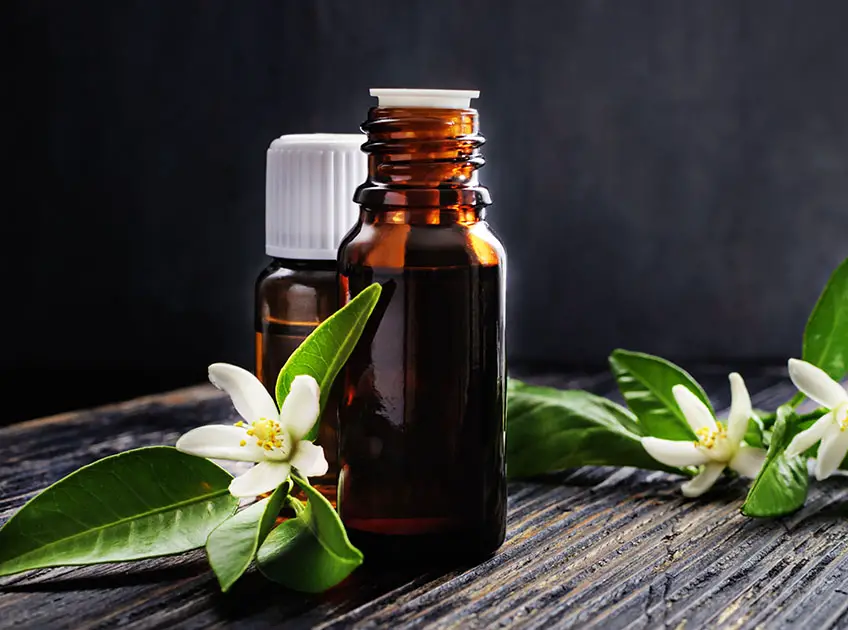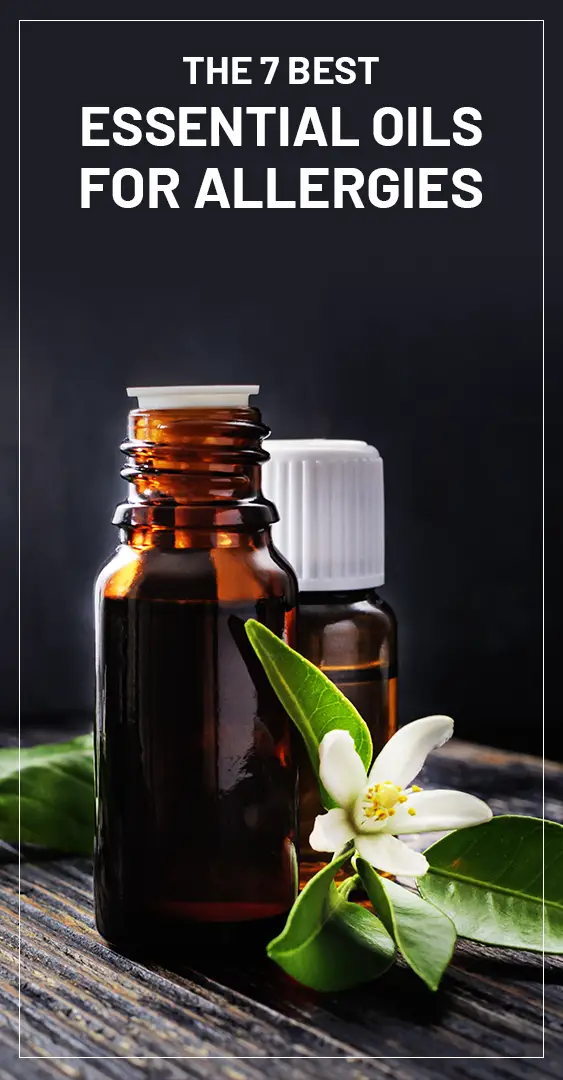
Important: This article is for informational purposes only. Please read our full disclaimer for more details.
Allergies are a very common problem, affecting millions of people worldwide. Many people suffer from seasonal allergies, caused by pollen from trees, grasses and weeds. Others may have year-round allergies to indoor allergens such as dust mites, pet dander or mold. There are many different types of treatments available for allergies, ranging from over-the-counter medications to prescription drugs. Some people prefer to use natural remedies for their allergies, and essential oils can be a great option. There are a few different essential oils that have been shown to be effective for treating allergies.
1. Lavender oil
Lavender oil is one of the most popular essential oils and it has a wide range of uses. It is also effective for treating allergies. Lavender oil reduces inflammation and calms the nerves, which can help to reduce the symptoms of allergies. Carefully read the label to know the directions before you use it.
2. Peppermint oil
Peppermint oil is another popular essential oil that has a number of different uses. It is also effective for treating allergies. Peppermint oil can help to reduce inflammation and open up the airways, making it easier to breathe. It can also help to relieve headaches and nausea, which are common symptoms of allergies.
[ Recommended: How to Use Apple Cider Vinegar for Skin Rash ]
3. Frankincense oil
Frankincense oil has a wide range of uses and it is also effective for treating allergies. Frankincense oil was able to reduce inflammation in a study on bronchitis. It can also help to clear nasal passage in sinuses and it can be helpful for people who suffer from asthma problems.
4. Tea Tree oil
Tea tree oil is an essential oil that has a number of different uses. It is also effective for treating allergies. Tea tree oil can help to reduce inflammation and it has antibacterial and antifungal properties. This can be helpful for people who suffer from allergies caused by mold or dust mites.
[ Recommended: How to Use Baking Soda for Rashes ]
5. Chamomile oil
Chamomile oil is an essential oil that has a number of different uses. It is also effective for treating allergies. Chamomile oil can help to reduce inflammation and it has calming properties. This can be helpful for people who suffer from hay fever or other types of allergies.
6. Eucalyptus oil
Eucalyptus oil is effective for treating allergies. Eucalyptus oil can help to reduce cough and sore throat by reducing respiratory tract infections. This can be helpful for people who suffer from allergies caused by bacteria or viruses. You can also blend this with other essential oils like rosemary, peppermint, etc.
[ Recommended: Best Home Remedies For Ringworm ]
7. Lemon oil
Lemon oil is an essential oil that has a number of different uses. It is also effective for treating allergies. Lemon oil can help to reduce inflammation and it has antibacterial properties. This can be helpful for people who suffer from allergies caused by bacteria or viruses. However, avoid using this when you have to step out in the sun.
8. Sandalwood oil Mixed with Frankincense and Ravensara oil
This mixture is effective for treating allergies. Sandalwood oil can help to reduce inflammation and it has antibacterial and antifungal properties. A study found that this blend of essential oils helped in treating perennial allergic rhinitis.
When to See a Doctor?
Some allergies can be serious and may require medical treatment. If you have any concerns, it is always best to speak to a doctor before using essential oils or any other natural remedy.
Caution: Essential oils are very concentrated and should be used with caution. Always read the label carefully and dilute the oil properly before using it. Do a patch test on your skin before using any new essential oil to make sure you are not allergic to it. Usage of essential oils for children below 16 and pregnant women is strictly not recommended.
If you are using essential oils to treat allergies, it is important to keep an eye out for any worsening of symptoms or any new symptoms that develop. If this happens, stop using the oil and seek medical advice.
Essential oils can be effective for treating allergies. However, it is important to use them with caution and to speak to a doctor if you have any concerns. Follow these remedies with utmost care and always keep an eye out for any adverse reaction.
Recommended Topics:
- How to Take Bee Pollen for Allergies?
- Allergies And Dizziness: Causes And Treatment
- Breathe Easy: 5 Easy Yoga Poses to Combat Seasonal Allergies
- Is It Allergies or Sinusitis? Understanding the Difference
- 10 Effective Home Remedies for Skin Allergies
- How to Take Honey for Allergies?
- Does Apple Cider Vinegar Cure Shingles?
- 7 Best Lotion For Insect Bites
- 7 Essential Oils for Ants
- 10 Essential Oils for Mosquito and Bug Bites
- 8 Essential Oils for Fleas And How To Use
- 10 Essential Oil to Use Repel Mosquitoes
- 7 Essential Oils for IBS- Benefits & Risk
















